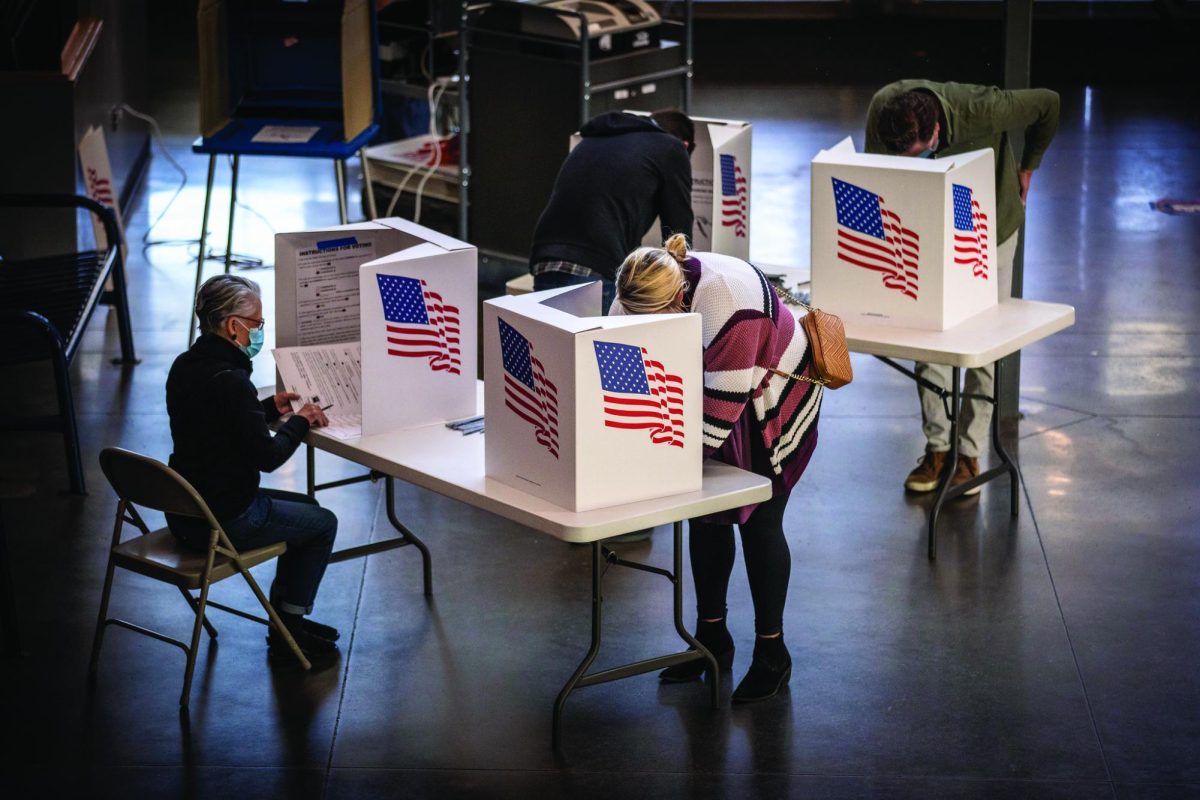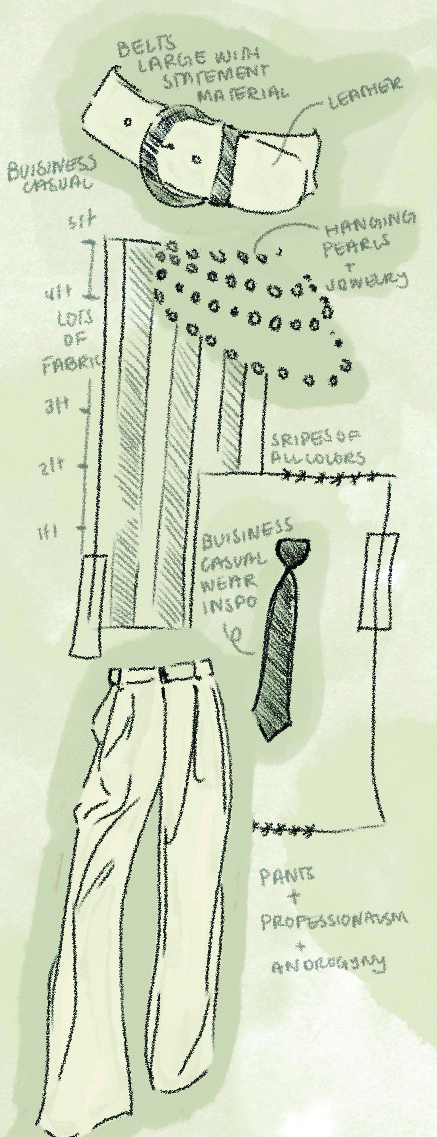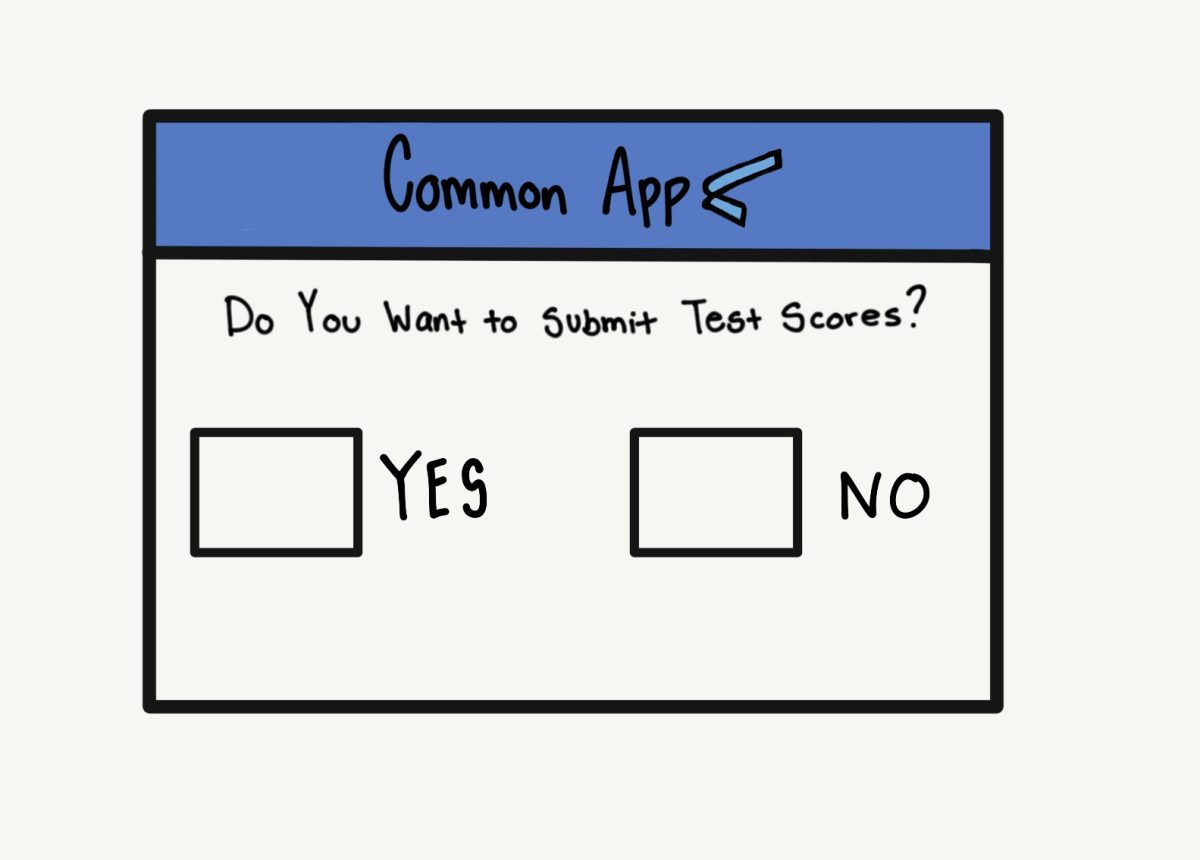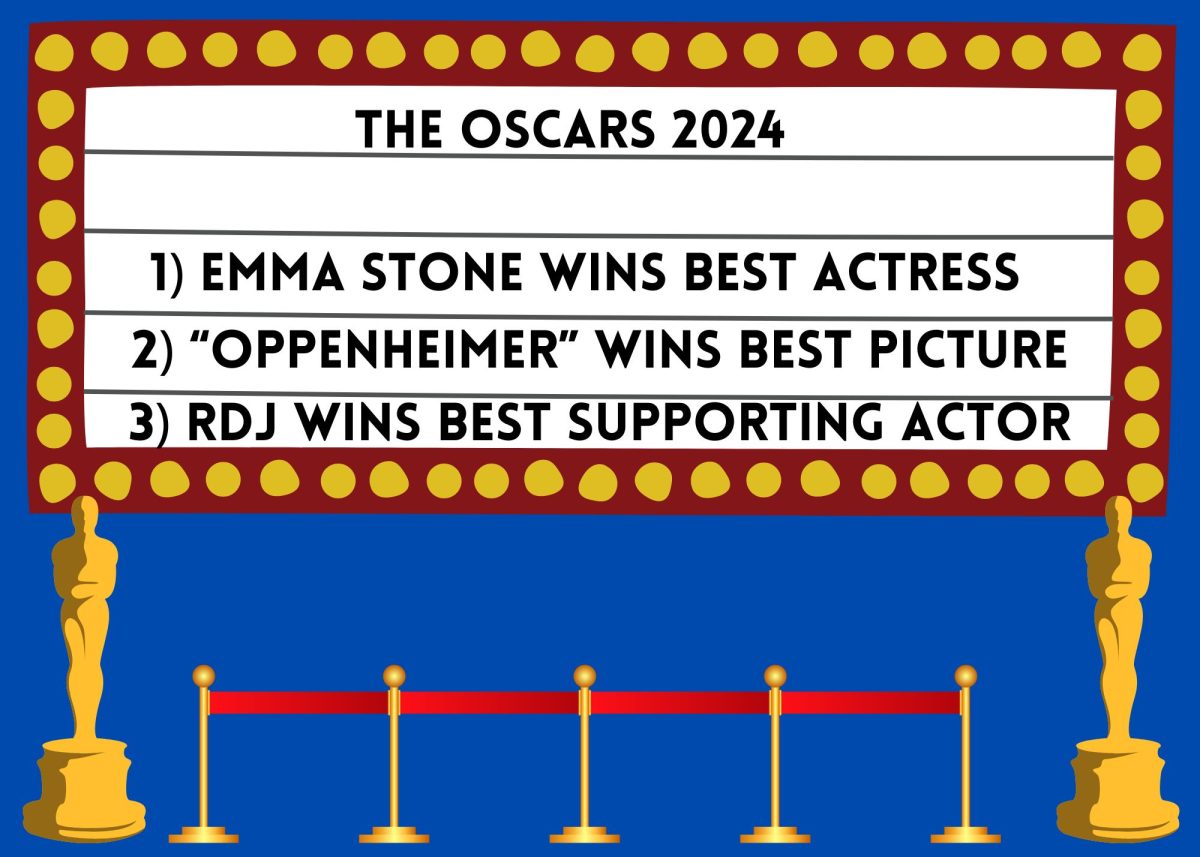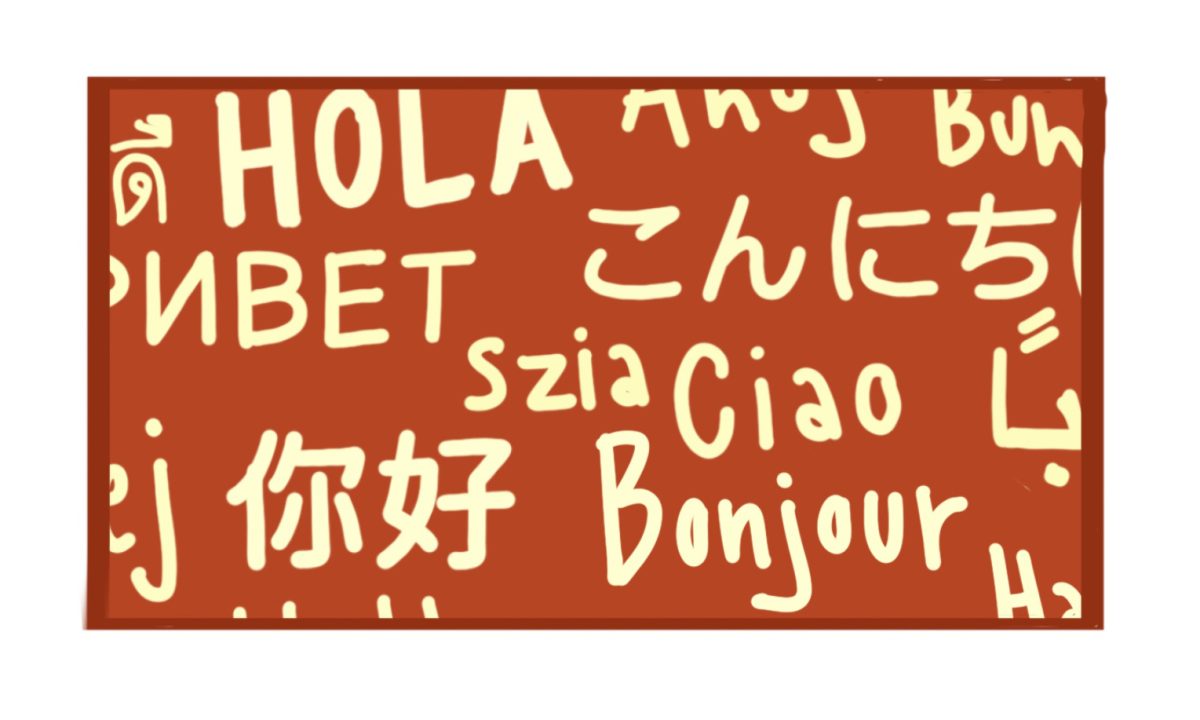Morgan ’15:
Every year, there’s always some awful standardized test or exam that requires me to bubble in all thirteen letters of my name—six for my first name, six for my last, and then my middle initial.
Initially it was the ERB; then it changed to middle school applications; then all too quickly it became the SAT and college applications. I would diligently bubble in the letters of my name, following the example in the corner. But throughout these years, there was always a common point throughout these terrible exams: the ever-elusive “correct” bubble to fill in on the ethnicity section.
Should I bubble in “Caucasian” even if I don’t identify as one? My mom said I should since I am a quarter white. If I can fill in more than one bubble, no problem. But if I can only choose one, how do I choose between “Asian/Pacific Islander” and “Caucasian?” Do I choose “Other?” Do I use the “majority wins” rule?
It’s a fat, smudgy, grey line that only you can really define for yourself. I fill in the circle next to “Asian/Pacific Islander” and “Caucasian” because my mother is half white, and therefore I suffer the consequences of both. I’m never seen as “Caucasian” in a Caucasian crowd, and vice versa. I’m never seen as fully “Asian” in an Asian crowd. Would choosing one over the other give me an advantage, and would that count as racism? This a struggle that, from a young age, I have gone through, and I’m sure it’s a struggle that many other multi-racial people can relate to.
Overall, I would recommend that you think carefully about what you’re going to mark down as your race or ethnicity on a standardized test or a college application. See if what you’ve marked down is truly what you are. Do you identify with what you’ve bubbled in, or do you think it will make you look better on paper?
I don’t believe in taking advantage of other people’s actual disadvantages as it could potentially be disrespectful to other people. Everyone faces their own individual struggles, and everyone should be mindful of that. Discrimination, racial profiling, and negative stereotyping are all struggles of people who look like, act like, and identify with a minority race. So, if you don’t look like, act like, or identify as the minority you claim yourself to be on paper, you end up taking advantage of the results of other peoples’ struggles while failing to contribute any sort of real diversity whatsoever. So while colleges might be looking to increase diversity on campus, and marking down your great-great-grandfather-twice-removed’s-beloved-pet-goldfish’s-previous-owner-who-had-a-huge-influence-on-his-culture’s ethnicity might make you look more favorable on paper, this could very quickly spiral into something morally unacceptable.
So, while you might want to check that extra box, ask yourself again about the repercussions of choosing to mark down an ethnicity that you’re only kind-of-sort-of connected to.
Pilar ’15:
It’s no secret to anyone who knows me that I’m Hispanic, and incredibly proud of my ethnic background. However, because I don’t fit what people think of as a stereotypical Hispanic person, I’m often questioned about why I identify as Hispanic; for example, I’m often asked if I’m claiming my heritage for any potential college admissions benefits. I have my own reasons for very proudly claiming my ethnic heritage, as does everyone else for how they feel about their ethnic and racial backgrounds. It makes me feel closer to my Mom’s side of my family, and closer to the culture and life they left behind when they fled Cuba. In America, I’ve noticed that we limit who can identify with minority ethnic and racial backgrounds based on whether they are “connected enough” to their heritage or not. For example, Ultimately, I believe that qualifying what counts as “connected enough” to one’s ethnic or racial heritage is dangerous; people should not have to somehow prove to the dominant ethnic group — or even, in some cases, to one’s own ethnic group — that they are worthy of claiming their heritage.
Often our perceptions of a minority group come from stereotypes. As we all learned in a recent Diversity Committee assembly, stereotypes can be harmful not only to our general cultural well being, but specifically to the group being stereotyped. Ethnic and racial stereotypes, in particular, can be harmful because they limit our perceptions of what people of various ethnic or racial groups can be. For example: not all Asian people eat with chopsticks, not all white people are bad dancers and not all Hispanic people like to eat spicy foods. Ethnic or racial stereotypes become harmful in this context when they are used by the dominant cultural group in an attempt to regulate what counts as “connected enough” to one’s ethnic or racial heritage. This leads into the larger issue of qualifying what counts and does not count as being connected to one’s heritage. Whether the arbitrary criteria for being connected to one’s ethnic or racial heritage is determined by ignorant stereotypes or an intense study and deep understanding of various backgrounds, the idea of having such criteria is problematic in and of itself. No outside group, whether a majority or minority, should be able to define what it means to identify as a specific ethnicity or race. One should never have to prove that one is worthy of one’s heritage by meeting certain requirements, be they rigidly enforced like the College Board’s, or merely arbitrary social perceptions.
The question of your own identity is nuanced and confusing enough without the added pressure of fitting expectations for what a person of your given ethnicity or race “should” be like. Moreover, these stereotype-based expectations are arbitrary at best and based on harmful and limiting stereotypes at worst. If someone identifies with her ethnic or racial heritage, that is her decision and hers alone. Yes, it is important to avoid cultural appropriation and to preserve cultural ties, but identifying with one’s ethnic or racial heritage does not negatively impact either of these. People should not be limited as to what parts of their heritage they are allowed to identify with but rather should be able to make these decisions for themselves and on their own terms.




